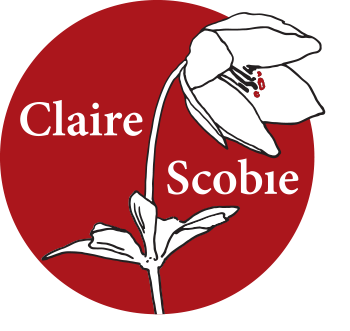20 Apr 10 ways to be a master storyteller
Yesterday I heard Mark Strom speak about how asking ‘grounded questions’ leads to people telling more meaningful stories. A self-described ‘story-teller with a PhD in the history of ideas’ Mark uses this approach to help businesses identify their narratives and affect positive change.
A passionate speaker and author of Lead with Wisdom, Mark’s particular approach brings together his knowledge of philosophy and belief in the value of wisdom, with ways of using story to communicate better.
We all know that one anecdote can tell us much more than stats or facts. As he says, ‘Storytelling is fundamentally how we construct identity and a sense of purpose… Tell a story and people will grasp what you are saying.’
This approach is now used in politics – Barack Obama made the art of narrative campaigning all his own – in business, in leadership, content marketing and social media.
‘We can’t make anything without words,’ says Mark. ‘We all have to become the author of our own world.’
Here are 10 ways YOU can become a master storyteller:
- Make your story universal. It will touch more people.
- Use emotion. How we respond to people is relational not just intellectual. If someone else feels your story they will be touched.
- Be succinct. Don’t waffle.
- Know the point of your story. Why are you choosing to tell it?
- Have an intention behind your story. Intention focuses energy into your words creating greater resonance with the listener.
- Think about how to tell your story. Allow for suspense and build to a punch line.
- Listen to other people’s stories. They will inform your own.
- Make your story fit your audience. If necessary adapt an anecdote to suit who you are speaking to.
- Work with your imagination. Stories don’t just come from the intellect. They come from the heart, the soul, from the ether and the winds, from the past and the future. Use your stories to encompass all of that…
- And lastly, be open to changing your story. Here, I’m talking about the story of your life… so you can become the hero of your own destiny.
